It’s been just over a year since the first informal meeting of the ‘Diverse Abilities Network’, and it all began with a simple enquiry from the fabulous Theresa Jennings.
She approached a QLS stall and asked whether there were any other lawyers with a disability or ‘diverse ability’ she could connect with in solidarity.
Our first meeting on 7 February 2020, is such a proud memory of mine. I remember walking into the room with several people around a boardroom table and I was nervous. I hadn’t met most of the attendees and I wasn’t sure if at that time, it was appropriate for an ally to be involved in the discussions.
As I sat with this group, I realised my nerves centred on whether I belonged in this room, whereas everyone else was worried about ‘coming out’ about their diverse ability in front of strangers. For some, this was the first time to other legal professionals.
As I listened to their stories, I couldn’t believe the similarities I could draw to my own experience of ‘coming out’ as a gay man.
Sexuality and disability are identities that often require a ‘coming out’ experience based on the decision you feel safe to do so, and until recently there had not been many visible role models in our society and profession.
Despite our different identities, we shared similar fears:
- Fear of what others would say,
- Fear of being viewed as ‘lesser than’,
- Fear of impact on career prospects.
There were some shaky voices at the beginning of the meeting, all met with genuine support and acceptance in the room and everyone soon became more relaxed and comfortable to open up.
I sat there reflecting on what I wished for in my allies in the LGBTIQ+ community, and I decided that I must do everything in my power to support this remarkable group of legal professionals on their respective journeys.
I told the group ‘you can’t be what you can’t see, but sometimes you just have to be it.’ At the next meeting, we took a photo and some of the members bravely revealed their assistance equipment.
Since then, the members have continued to share their stories online and a huge thanks must be said to everyone who ‘lives out loud’ including the QLS Diverse Abilities Network. Your stories do save lives and inspire everyone to be better because we must be better.
So after spending more and more time and collaborating with this fabulous bunch, here are my top 5 lessons learned from becoming an ally of the QLS Diverse Abilities Network:
- We are all human and we have more in common than we have differences and we sometimes forget that.
Everyone in the Diverse Abilities Network has career goals, personal enjoyments and a strong desire for social justice. They may all go about those things differently, but there is a commonality in each of us despite our different abilities and paths. - Nothing about them, without them.
We all have a part to play in increasing inclusion but these types of initiatives must be led by those who identify. The passion, drive and personal experience of this network’s members meant even COVID-19 couldn’t slow the network down, maintaining their visibility, education and advocacy. - Our profession must reflect the community it serves if we are to have everyone treated equally under the law.
There are several gaps in our legal system – written and physical – that don’t support those with a disability or diverse abilities. The network has been called upon several times to support the Queensland Law Society in making meaningful submissions on legislation and policy that impact those with a disability or diverse abilities. - Language matters, but you must allow someone to identify to you what language they would like you to use.
Some have reclaimed ‘disability’ as a term often with a negative connotation (‘dis-‘) to set aside assumptions, while others have claimed ‘diverse ability’ to positively demonstrate they can do anything anyone else can do – they will just do it differently. - You are going to be uncomfortable with some of the conversations but you don’t learn anything when you remain comfortable.
You have to seek out appropriate opportunities and resources to educate yourself and challenge your assumptions and misunderstandings. By doing this, you help break down stereotypes, and create room for acceptance.


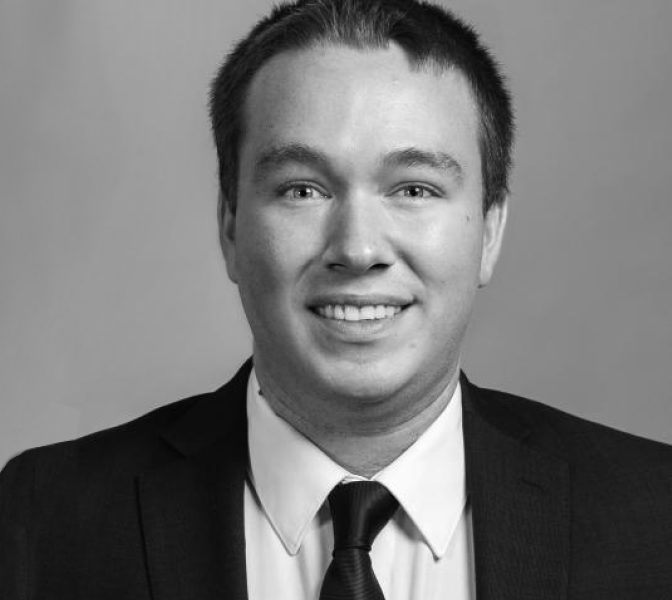
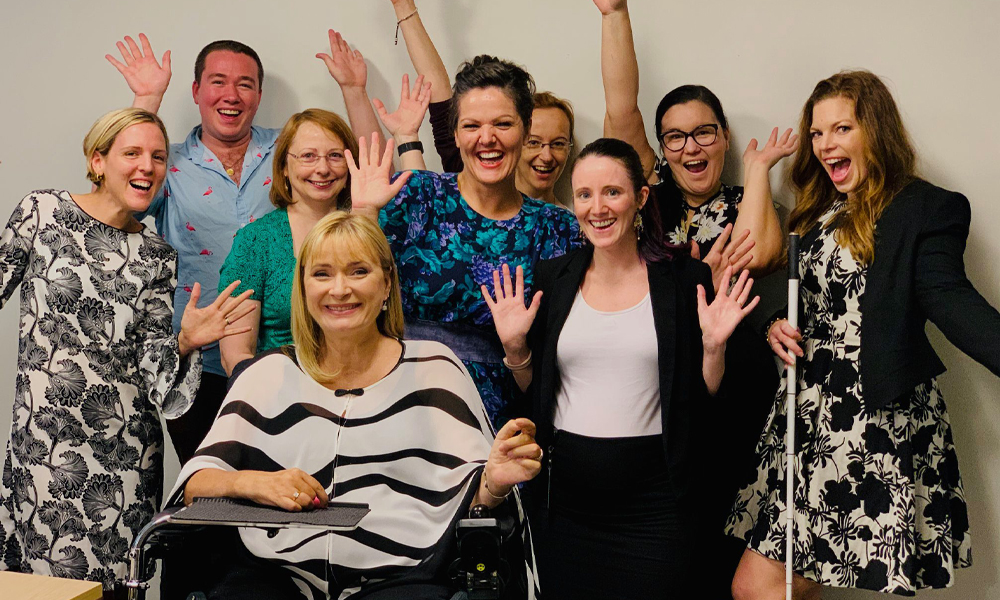



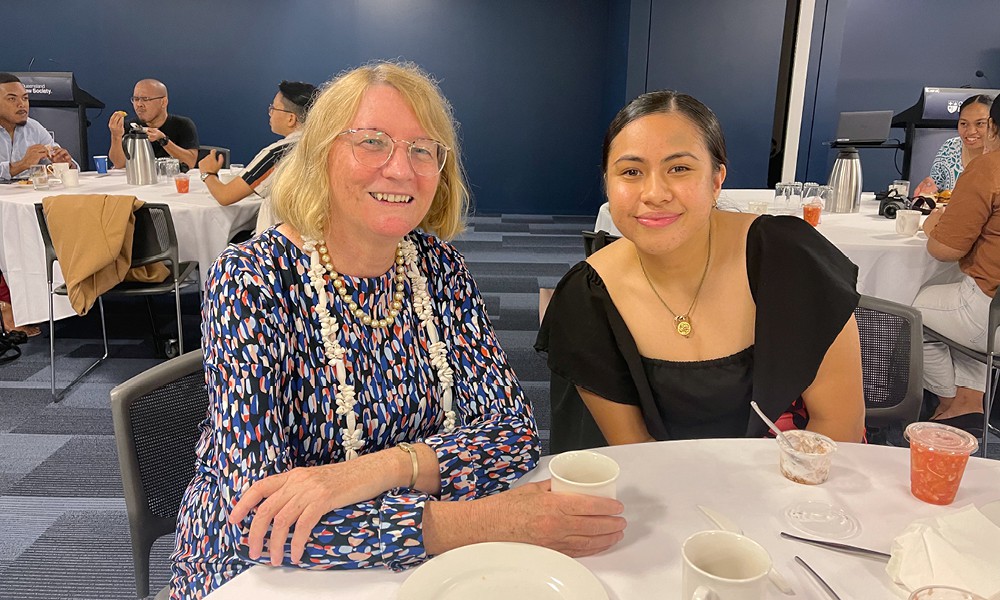
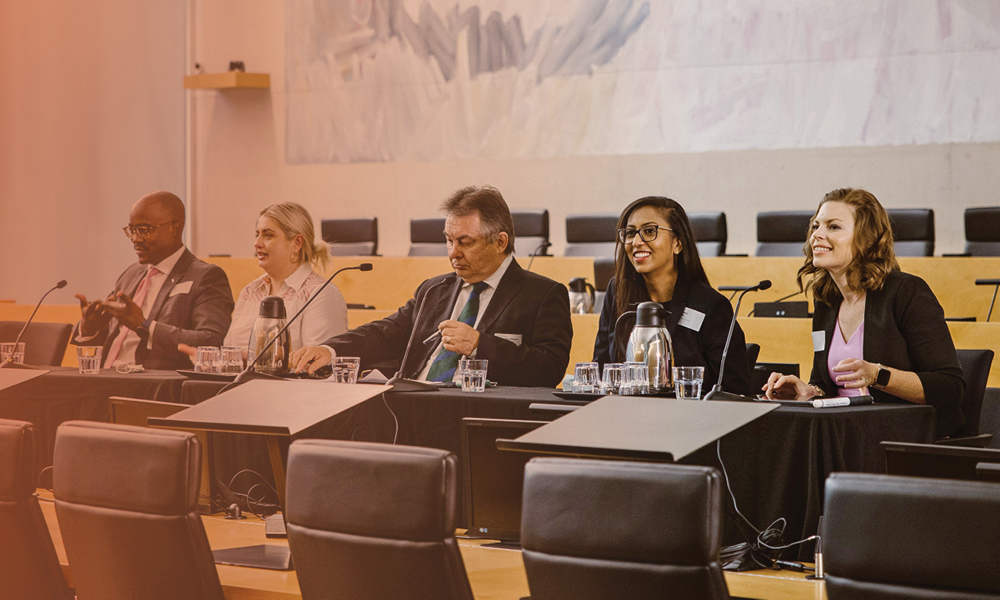
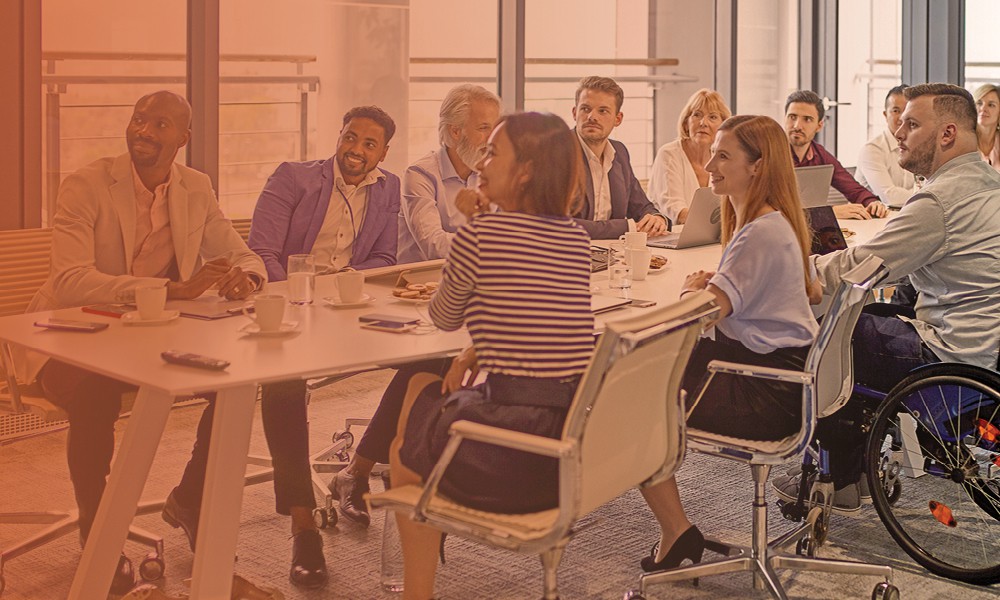
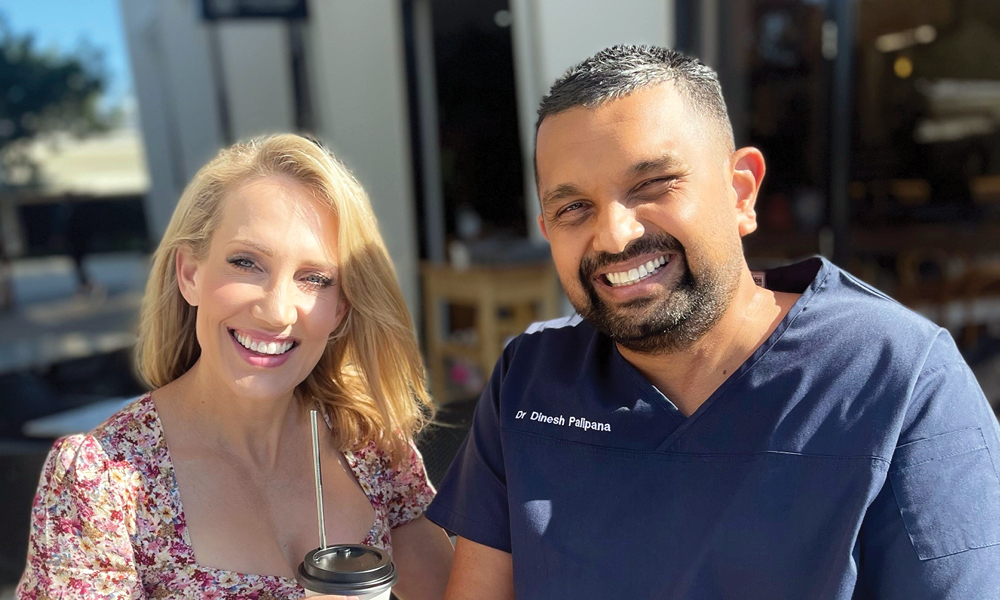
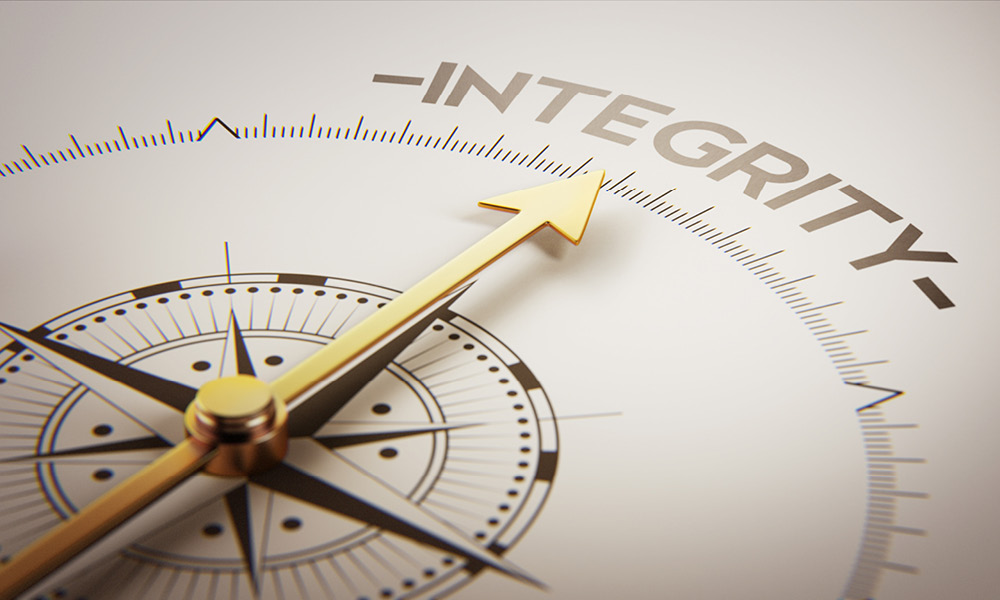
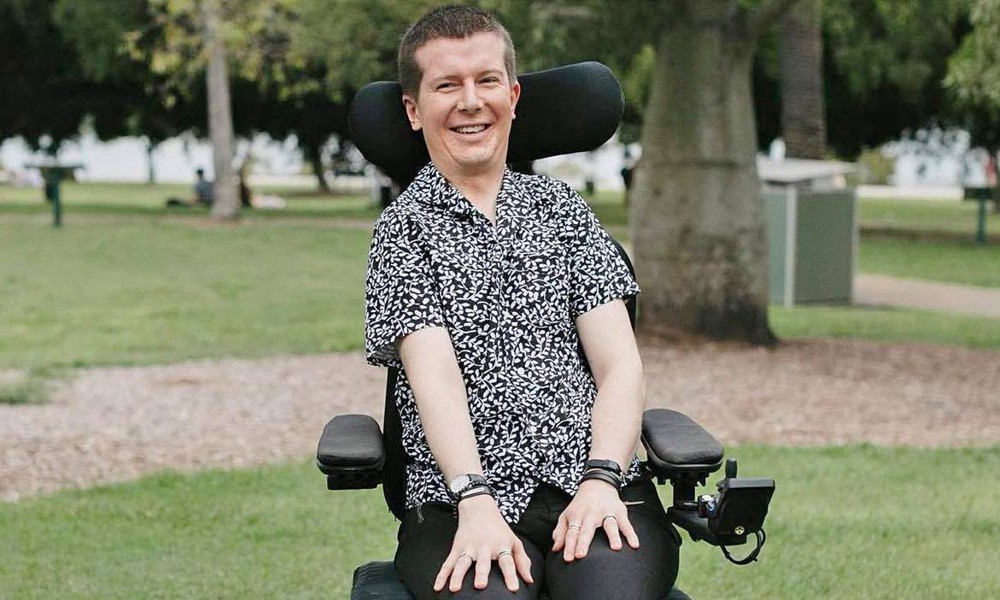

Share this article